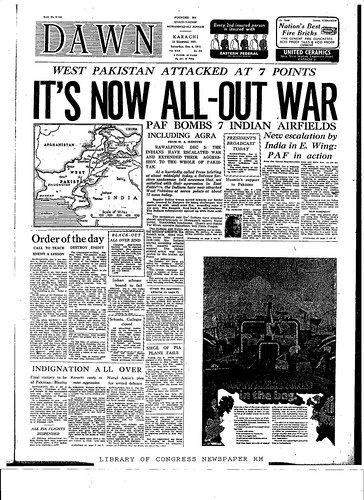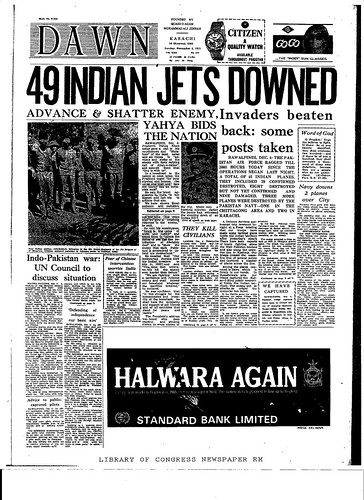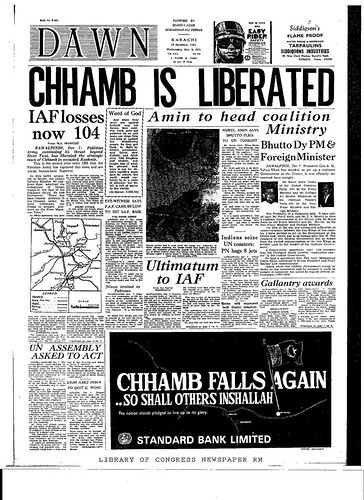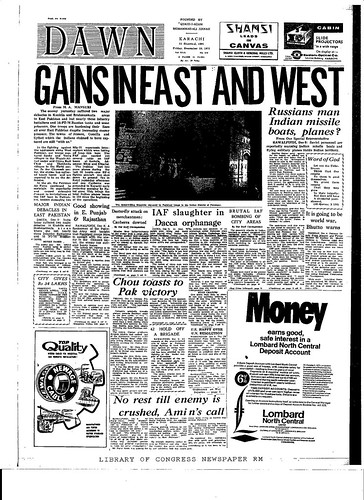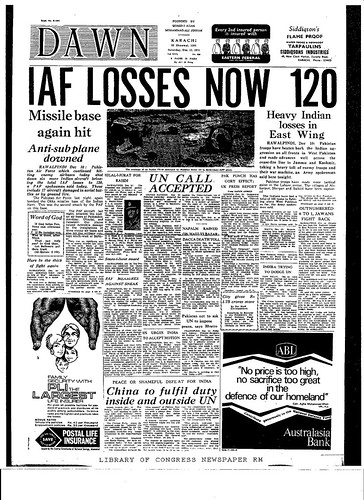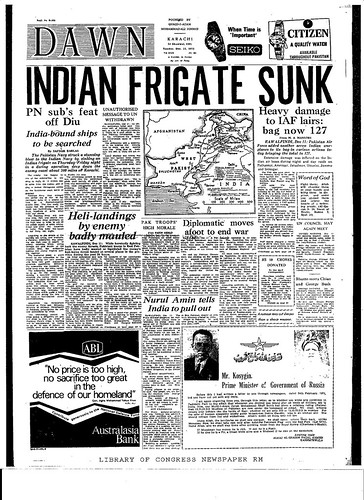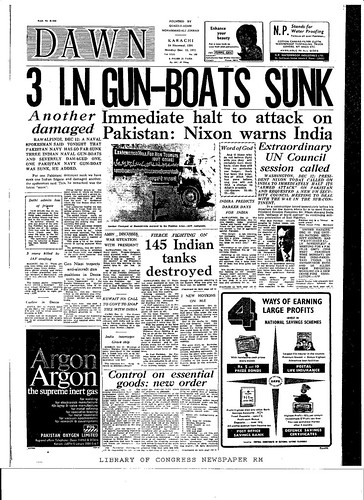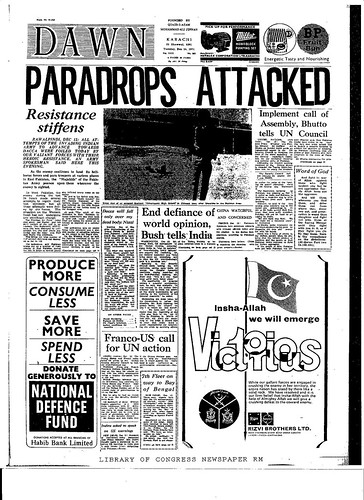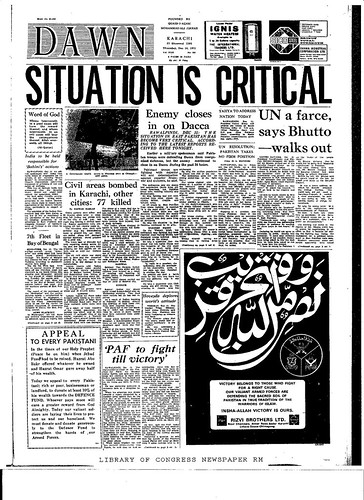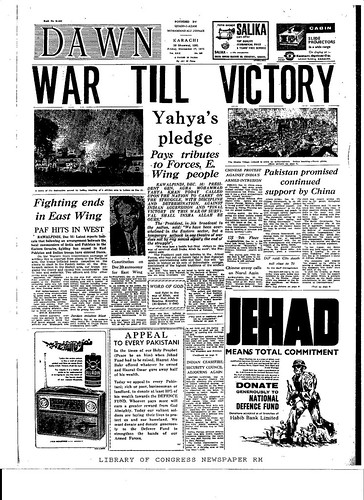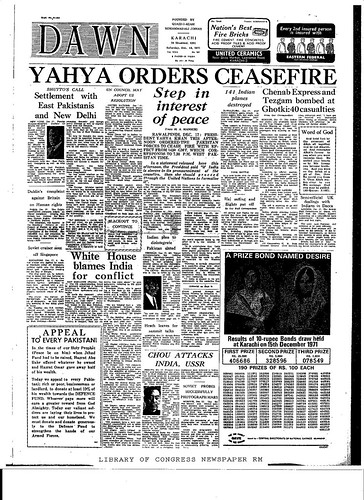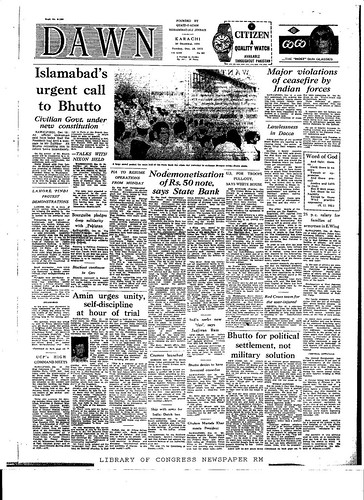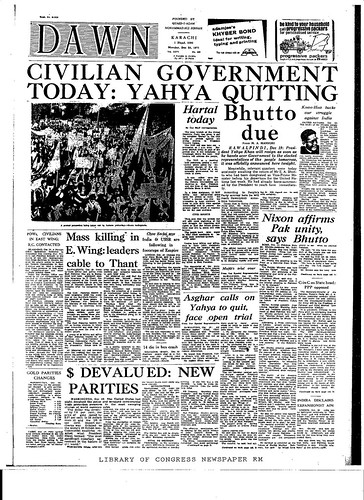A Muslim majority country of over 150 million people just held a high-turnout peaceful democratic election. The secular Awami League won a landslide victory in Bangladesh’s parliamentary elections and is poised to send back to power Sheikh Hasina – one of two women who have led Bangladesh in the past – as the country’s Prime Minister. In the process, the Bangladeshi voters sent the Islamist political party, Jamaat-e-Islami, into political oblivion. The Jamaat secured 2 seats in the 300 seat parliament while the Awami League secured 230 seats. This election was a stunning repudiation of military rule and of the Islamists in a country that has suffered from both. However, as democracy triumphed in Bangladesh, the world barely took notice.
It has been a long and painful road back to democracy for Bangladesh. Nearly two years ago, on January 11, 2007, the Bangladesh army seized power in a military coup, ostensibly to save the country from political violence ahead of impending parliamentary elections. The army seized power with the tacit support of Washington and London, and was cheered on by elements of Bangladesh’s civil society. The army postponed elections, declared emergency rule, suspended fundamental rights, and launched an "anti-corruption" drive to apparently root out political corruption (a favorite excuse of all military juntas). In sweeping raids the army arrested major political leaders, including Sheikh Hasina and Khaleda Zia (the leaders of the two largest political parties in Bangladesh), and charged them with corruption. As the two major political parties faced army pressure, the Islamists were ascendant. The army also tried to engineer a political party of its own. In the process, nearly half a million citizens were arrested and many were tortured. Journalists were intimidated, beaten and tortured into submission.
While 150 million Bangladeshis were living under the gun, the United States State Department looked the other way – even refusing to acknowledge that a coup had taken place in Bangladesh.
It all looked to be going swimmingly for the military. They had devised a "Minus-Two" plan. The aim was to exile the two leaders of the major political parties and engineer Bangladeshi democracy with a prominent and permanent political role for the military (a la Pakistan). The plan ran into problems when the two leaders refused to go into exile and the political parties, especially the Awami League, refused to buckle. So, the army jailed the two leaders on corruption charges. The army also soon heard from the Bangladeshi people. As Bangladeshi students took to the streets, the army cracked down. But in its heavy handed response to the uprising, the army had shattered the illusion of benevolent rule of the gun. The army had turned on its own people. It was now only a matter of time before the army would be forced to exit. The only unknown was what shape the exit would take. The political parties now had the initiative and they used it to great effect.
From the beginning, the army had a window of two years to either consolidate its position or exit – a timetable that coincided with the end of the Bush administration. Right on schedule, the army is set to leave power in Dhaka just as the new administration takes power in Washington.
Now, as the army is about to leave power and hand democracy back to the people of Bangladesh, questions remain and the damage must be assessed.
The army has made a mockery of the rule of law in Bangladesh. The army set up kangaroo courts and forced politicians into jail – some on charges of massive corruption and others on absurdly trumped up charges. Yet, ahead of the elections, most of these corruption charges have mysteriously disappeared. The two leaders – Sheikh Hasina and Khaleda Zia – were charged with massive corruption. They were considered so dangerous to Bangladesh by the army that they were held under special laws in the interest of national security. The United States cheered these arrests as the "rule of law". An unaccountable regime was locking people up and running kangaroo courts while the most prominent democracy in the world applauded. It was a sad spectacle. Now, those charges are gone but the mockery of the rule of law remains.
The entrance of the army two years ago was enabled as much by Bangladeshi civil society as it was by the United States and the United Kingdom. The lure of reengineering the political system by force was too much for civil society to resist. The hard work of democracy – the need to make your case to the population and earn their vote – was not required. It was a short-cut to the fast lane of politics. Civil society sacrificed the fundamental rights of Bangladeshis in the "national interest". It was argued in breathless op-eds in major newspapers in Bangladesh and in the halls of power in Washington that the smart kids could "clean up" Bangladeshi democracy – with the help of the gun. They rested on the fairy tale that unaccountable power at the barrel of a gun, and the suspension of fundamental rights, was a pathway to a functioning democracy. In this fairy tale, they neglected Bangladesh’s own history with military rule and the previous long struggle back to democracy. By enabling the military in its coup, civil society has legitimized military intervention in Bangladesh. This will be a difficult genie to put back in the bottle.
As Bangladesh now attempts to send the army back to the barracks, it must find a way to ensure the army stays there in the future. Bangladeshi democracy was nowhere near perfect – no democracy is. But, in spite of the corruption that existed in Bangladeshi politics, Bangladesh prospered economically and had managed three free and fair democratic elections and peaceful transitions of power over 15 years. Now, Bangladesh must restart that clock. The Bangladeshi Constitution, with its enumerated rights, is a strong foundation to build toward a lasting democracy. But, it cannot be done if military intervention is considered legitimate.
Bangladeshis are a resilient people. Democracy is Bangladesh’s original birth wish. After all, the country gained independence because its people expressed their will at the ballot box and then gave their lives to defend that vote. That is a legacy that every Bangladeshi must remember and honor.
Perhaps it is fitting, then, that the people have now voted overwhelmingly to send back to power the Awami League – the political party that led the independence movement for a secular Bangladesh. Perhaps it is fitting, then, that the Bangladeshi people have once again rejected military rule and the Islamists.
Today, Bangladesh’s future looks a little brighter. The Awami League comes to power with the hopes of 150 million people placed in its hands. There is much work to do, and much damage to undo. We watch, with hope.

